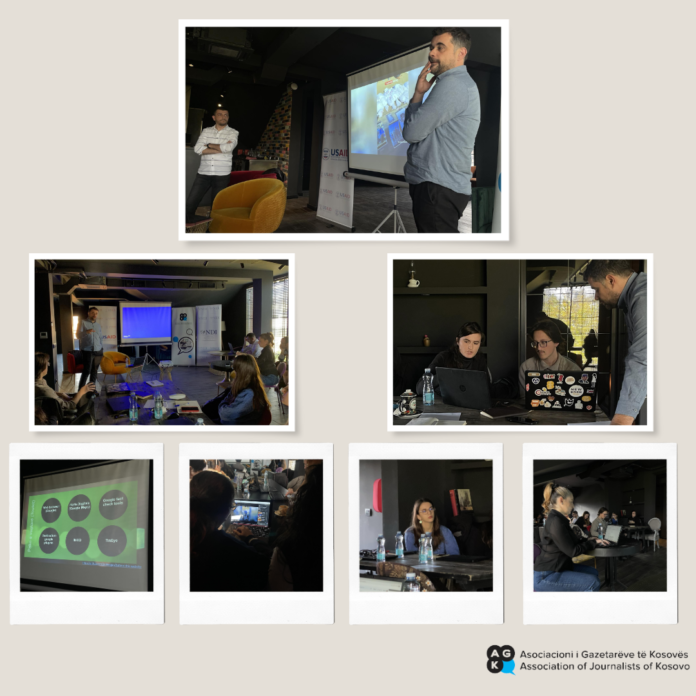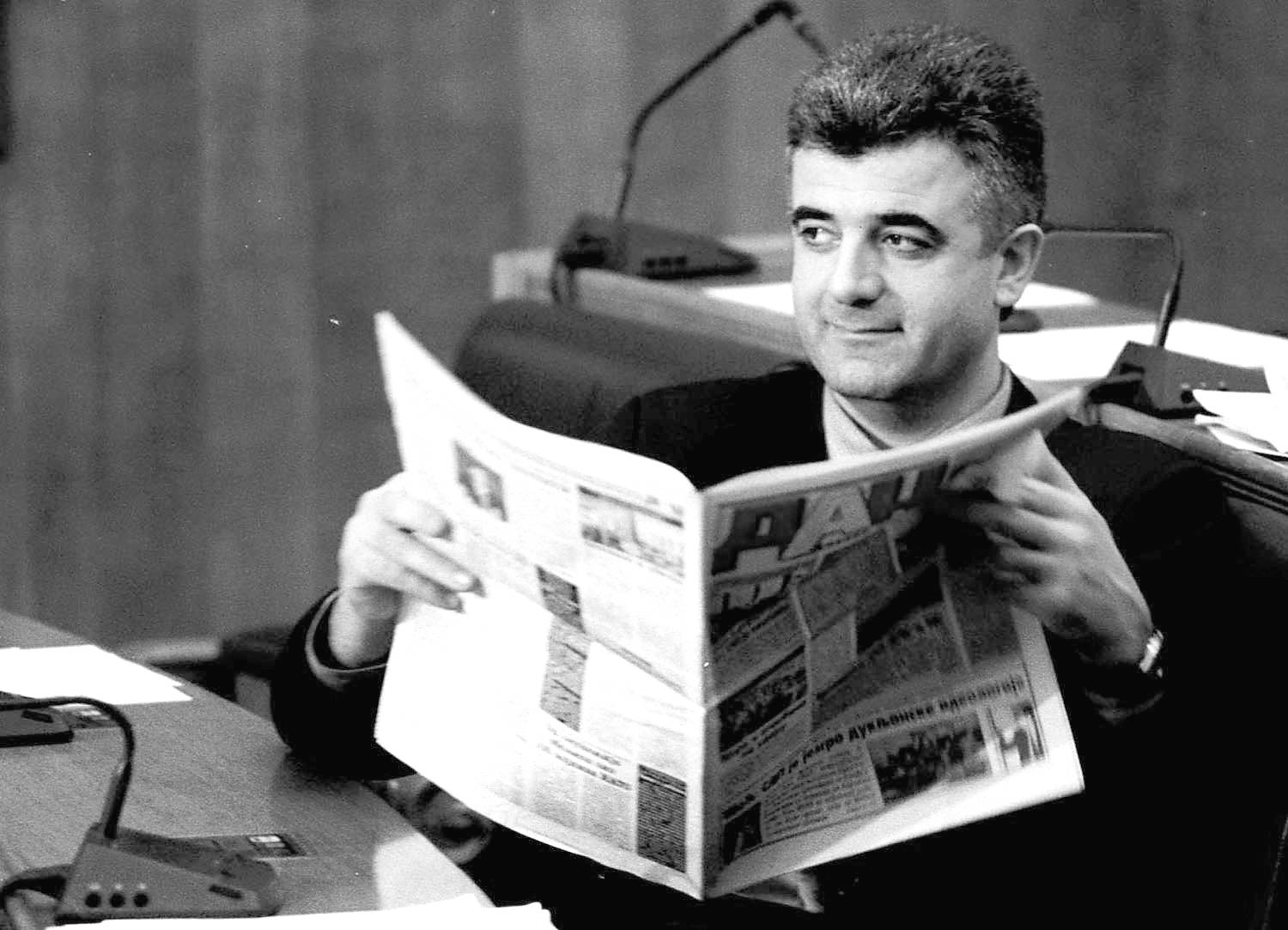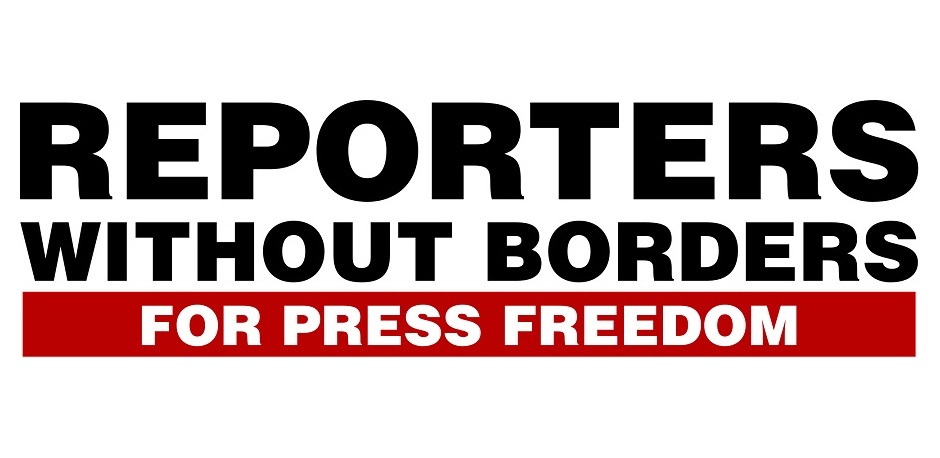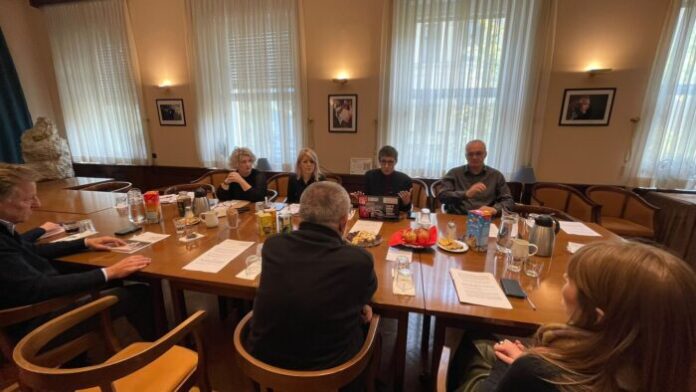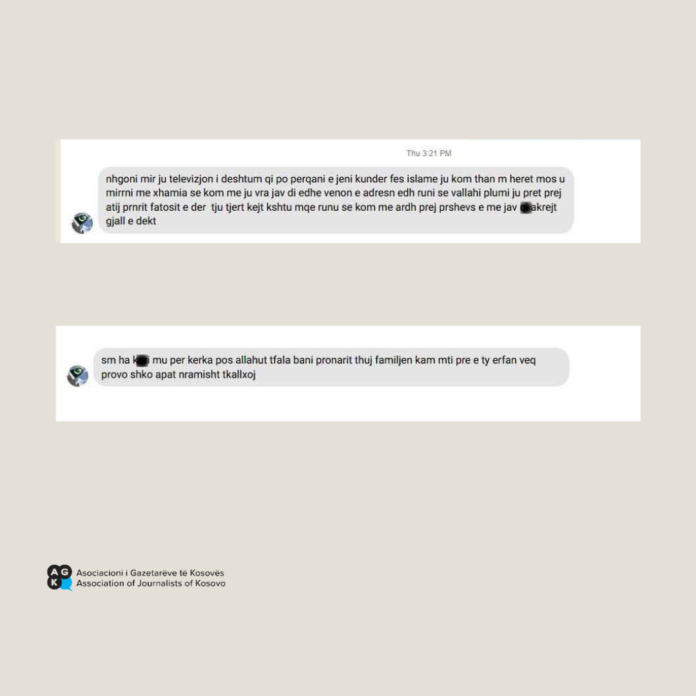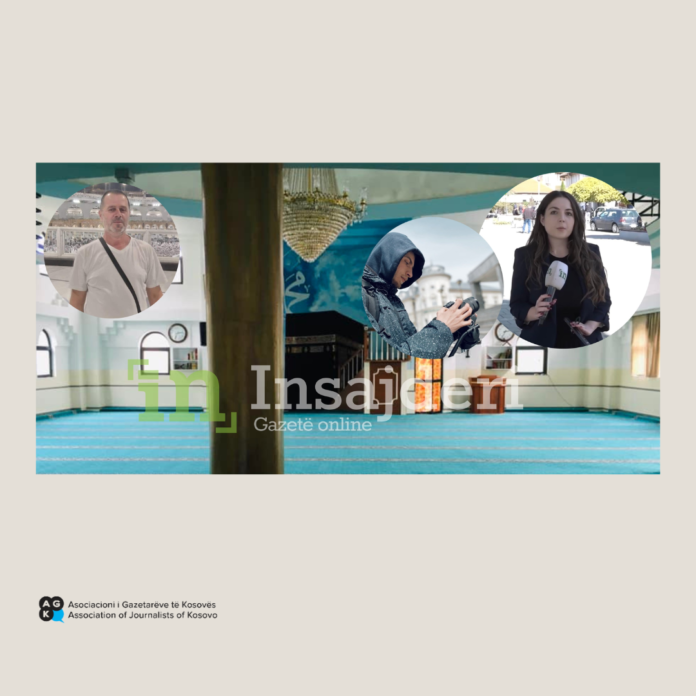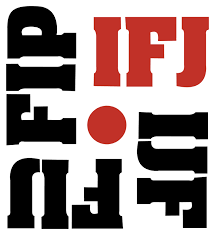Working as a journalist has never been easy. However, the specificity of today’s times is the increasingly frequent threats, primarily security-related, directed towards journalists and media professionals, it was stated at today’s meeting of media representatives and media associations representing the majority of media outlets in Croatia.
Because of all this, the Croatian Journalists’ Association and the Trade Union of Croatian Journalists’ recently agreed with the Ministry of the Interior on a Cooperation Agreement regarding police procedures at public gatherings and in the event that journalists and media professionals become victims of criminal acts while performing their duties.
At today’s meeting with media representatives and media associations representing the majority of media outlets in Croatia, we presented the Cooperation Agreement, Protocol on police procedures in cases of criminal offenses against journalists on assignment, and the Protocol on police procedures for journalists and media professionals at public gatherings of public interest. We also invite you to familiarize yourselves with these documents.
The representative of the Ministry of the Interior, Marina Mandić, emphasized that the Protocols establish a process and presented specific steps for implementation. The Protocol on procedures at public gatherings was first activated during three parallel protests that took place after the start of the terrible conflicts in Israel and Gaza.
“Some journalists were aware of the Protocol, some were not. They all came to report because they recognized the spokesperson of the relevant police station, who is also the contact person for journalists and media professionals regarding security questions at gatherings. In this case, the journalists did not use the safe place defined by the protocol, but they welcomed the fact that it exists,” described Mandić how the first application of the Protocol went.
The representative of the Croatian Employers’ Association – Association of Newspaper Publishers, Tomislav Wruss, welcomed the structuring of police procedures in this way during events of high security risk. This sentiment was also echoed by the representative of the Croatian Association of Digital Publishers, Ozren Kronja, as well as the Director of the News Program of Nova TV, Ksenija Kardum, and the representative of HRT, Renato Kunić.
The meeting was also an excellent opportunity to further acquaint employer representatives with the activities of the Ministry of Culture and Media. The Director of the Media and Creative Industries Development Department, Jasna Vaniček-Fila, reported that they are still working on educating judges regarding SLAPP cases, as well as the Council of Europe’s campaign on journalist safety.
“This campaign is a platform open to as many participants as possible who can devise useful measures to protect journalist safety,” explained Vaniček-Fila, adding that the National Plan for the Development of Culture and Media, which is under development, has as its first measure the protection of journalist safety and the improvement of the profession’s position.
Times are challenging, there are many problems, but dialogue is certainly the best way to start addressing them. Therefore, we believe that today’s meeting is just the first in a series of meetings with media employers and the beginning of social dialogue.


